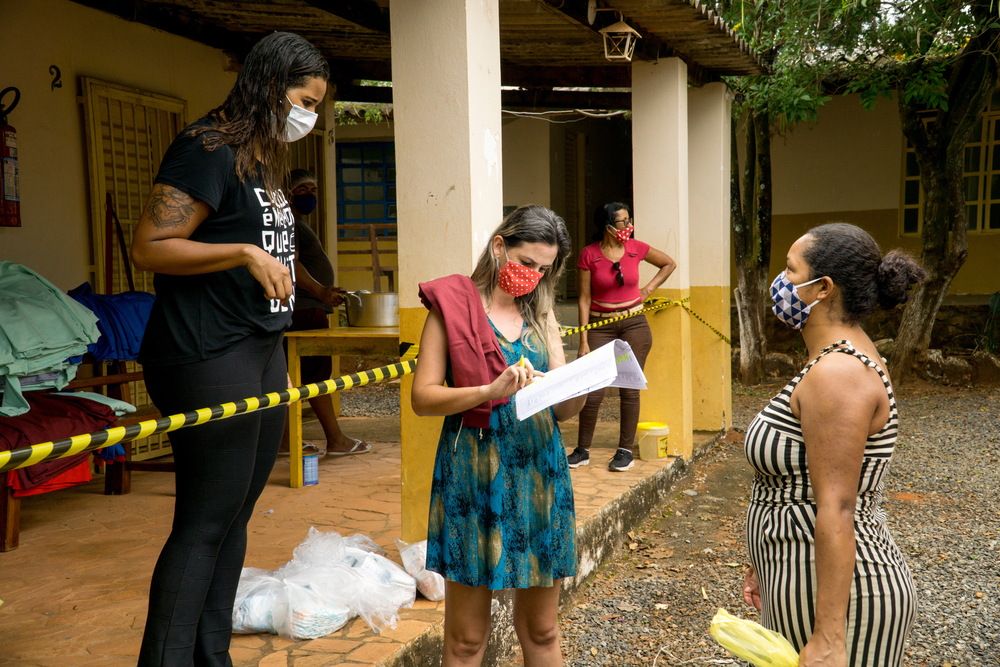Brazil’s lower house passed a bill allowing restaurants, supermarkets, hospitals, and other stores to donate uneaten food to needy populations, providing it is still fit for human consumption and within expiration dates. Processed products, ready meals, or in natura food may be donated, as long as they present “sanitary safety” and maintain their nutritional value, even if their containers suffer damages or are “unfit” for sale.
Donations may take place through food banks, government agencies, or directly — and will not be considered as a relationship of consumption, exempting donors from specific legislation that could see them held liable for cases of food poisoning.
According to the bill, the initiative comes “at a moment when food insecurity tends to become more severe, as many Brazilians are not able to get funds due to restrictive measures against the Covid-19 pandemic.” The bill shall now be voted on by the Senate.
 Support this coverage →
Support this coverage →

 Search
Search






































